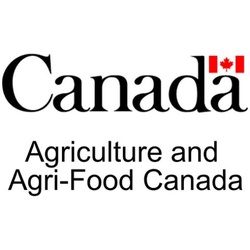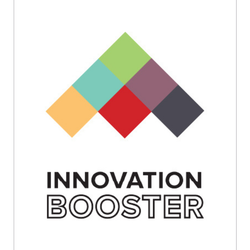
Open
Shriners Hospital for Children
Canada
Work with researchers at a health institute
Researchers And Facilities
At a glance
Funding available
Financing goals
No objectives are currently available
Eligible Funding
- No Condition
Timeline
- Open Date : February 8, 2022
Eligible candidates
Eligible Industries
- All industries
Location
- Canada
Legal structures
- All legal structures
Annual revenue
- All revenue ranges
Organisation size
- All organization sizes
Audience
- All groups
Overview
Get access to world-class expertise, facilities and IP when you form a partnership with a university, college or health institution. Use the partnership to help solve complex problems, build proofs-of-concept, improve processes and performance, validate y
Activities funded
Examples of admissible projects:
$ 110,000
Developing assistive technology solutions for elderly care with a university
$ 80,000
Enhancing cybersecurity measures for small businesses with a health institution
$ 100,000
Developing an AI-based diagnostic tool in partnership with a local university
$ 75,000
Improving agricultural yield through advanced soil testing with a local college
$ 120,000
Creating a sustainable packaging solution with a local research institute
$ 40,000
Establishing a community-driven recycling program with a local non-profit organization
Apply to this program
Frequently Asked Questions about the Shriners Hospital for Children Program
Here are answers to the most common questions about the Shriners Hospital for Children. This section explains what the program is, how much funding is available, eligibility requirements, application deadlines, and other important details to help you determine if this grant is right for your business.
What is the Shriners Hospital for Children?
Who can I contact for more information about the Shriners Hospital for Children?
Where is the Shriners Hospital for Children available?
Is the Shriners Hospital for Children a grant, loan, or tax credit?
Who are the financial supporters of the Shriners Hospital for Children?
Apply to this program
More programs like this

Grant and FundingOpen
Industrial Research Assistance Program (IRAP) — Financial Assistance
National Research Council Canada (NRC)Financial support for technology innovations

Tax CreditsOpen
Scientific Research and Experimental Development (SR&ED) — Tax Incentive Program
Canada Revenue Agency (CRA)Scientific research and experimental development tax credit

Grant and FundingClosed
Industrial Research Assistance Program (IRAP) – AI Assist
National Research Council Canada (NRC)Supports Canadian SMEs in adopting and integrating advanced AI solutions

Tax CreditsOpen
Clean Technology Manufacturing (CTM) Investment Tax Credit (ITC)
Canada Revenue Agency (CRA)Incentivize Canadian companies to invest in clean technology

Tax CreditsOpen
Clean Technology (CT) Investment Tax Credit (ITC)
Natural Resources Canada (NRCan)Offer up to 30% refundable credit for capital investments in new clean technologies in Canada

Partnering and CollaborationGrant and FundingOpen
Strategic Innovation Fund (SIF)
Innovation, Science and Economic Development Canada (ISED)Strategic Innovation Fund supports transformative Canadian economic investments

Grant and FundingOpen
AI-Powered Supply Chains Cluster (Scale AI)
Global Innovation Clusters (GIC)Funding to enhance supply chains with AI

Researchers And FacilitiesPartnering and CollaborationGrant and FundingClosed
AgriScience Program – Clusters
Agriculture and Agri-Food Canada (AAFC)Funding for agricultural research and innovation collaboration

Wage Subsidies And InternsOpen
Industrial Research Assistance Program (IRAP) — Youth Employment Program (YEP)
National Research Council Canada (NRC)Money to hire a student

Grant and FundingClosed
CFIN Innovation Booster
Canadian Food Innovation Network (CFIN)Funding to advance and commercialize food innovation
Sign up to our platform to access the Shriners Hospital for Children information sheet for free
Get access to 4,000+ programs, practical guides, personalized alerts, and an AI assistant to support your grant applications.